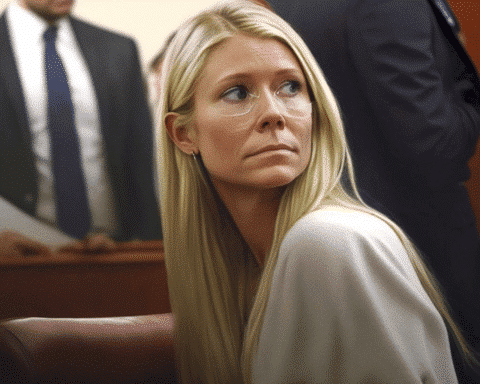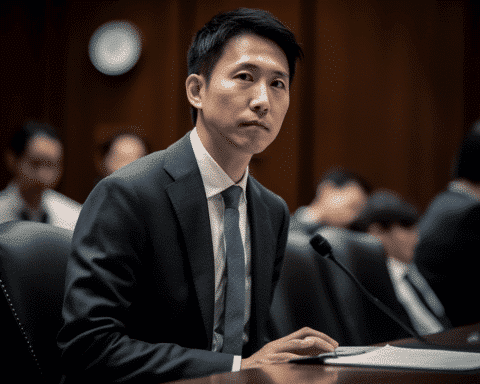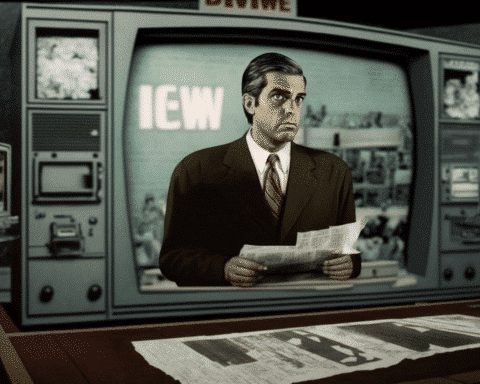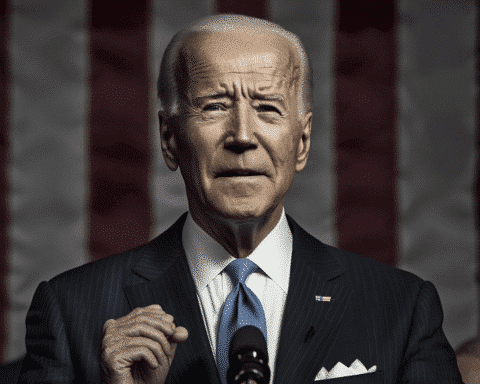Exxon Mobil Corporation faces a lawsuit from the US government for failing to take adequate measures to protect the public after five hangman’s nooses were displayed at its Baton Rouge facility. The US Equal Employment Opportunity Commission (EEOC) claims that the company violated federal law in handling the situation. In January 2020, a Black employee at the Baton Rouge complex reported finding a noose at his workstation. At the time, Exxon Mobil was aware of three other nooses found at the complex but failed to thoroughly investigate and prevent similar incidents from happening. In December 2020, it was discovered that a fifth noose had been placed at the complex, which includes a chemical plant and refinery. The EEOC alleges that Exxon Mobil’s lack of action created a racially hostile work environment.
Exxon Mobil denies the allegations made by the EEOC, stating that they have a zero-tolerance policy for any form of harassment or discrimination in the workplace. The company claims to have thoroughly investigated the matter.
Employers are legally obliged to take prompt action to stop any racially offensive or threatening behaviour in the workplace. The display of nooses is seen as a symbol of violence associated with African American lynchings and creates a hostile work environment for Black employees, according to the EEOC.
The EEOC’s senior trial attorney in the New Orleans field office, Elizabeth Owen, stated that swift action was necessary for response to the display of nooses. The noose is a longstanding symbol of violence associated with the lynching of African Americans, she said. “Black Americans find such symbols inherently threatening and significantly alter their workplace environment.”
After the seventh noose was discovered at an Amazon warehouse construction site in Connecticut in 2021, the company temporarily closed the site.
Exxon Mobil’s case adds to the growing list of companies facing lawsuits and public backlash over handling racial incidents in the workplace. The display of nooses is widely recognized as a hate symbol, and companies are responsible for creating a safe and inclusive work environment for all employees.
The EEOC’s lawsuit seeks monetary damages for the affected employees and injunctive relief to prevent any future incidents of racial harassment at the Baton Rouge complex. The lawsuit also calls for the implementation of policies and training programs aimed at promoting diversity and preventing racial harassment in the workplace.
In today’s society, companies are expected to stand against racism and create a workplace culture that values diversity and inclusivity. The EEOC’s lawsuit against Exxon Mobil serves as a reminder that companies must take proactive measures to address and prevent racial harassment in the workplace.
The outcome of this lawsuit will be closely watched by other companies and serve as a precedent for how companies should respond to incidents of racial harassment in the workplace. Companies must take swift and decisive action to address and prevent racial incidents from maintaining the trust of their employees and the public.




